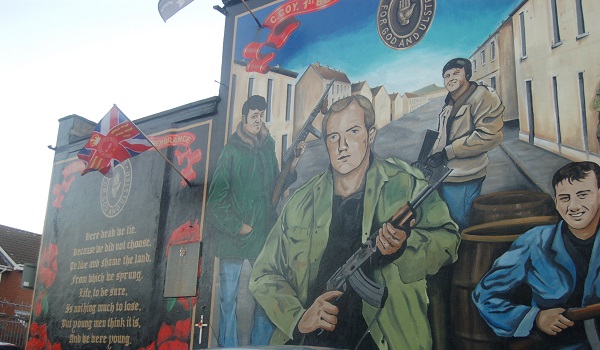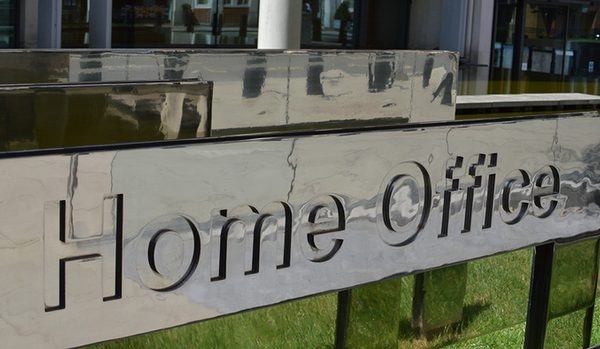PSNI and Garda: partnership arrangements is essential to fighting post-Brexit organised crime
Police agencies either side of the Irish Border are “increasingly cooperating” following a joint report that said organised crime may increase after Brexit.
At the Cross-Border Conference on Organised Crime on Wednesday (November 7), An Garda Síochána Commissioner Drew Harris and deputy chief constable for the Police Service of Northern Ireland (PSNI), Stephen Martin, vowed to work together to tackle the changing face of crime.
The conference – held on the theme of ‘Shared Problems, Shared Solutions’ – introduced the joint-report Cross-Border Organised Crime, which said the “UK leaving the EU has the potential to increase cross-border criminality”.
Department of Justice Permanent Secretary Peter May, said: “We know that the threat we face from organised crime is real and immediate and that organised criminals will seek to exploit new opportunities posed by global, political and technological change.”
The report added that some organised crime groups (OCGs) in Northern Ireland “have the expertise to adapt and change, both to avoid detection by law enforcement partners and to exploit changes in profitability”, including, for example, potential changes to trade agreements.
Almost half of all OCGs investigated by the PSNI are known to have strong links and associations with OCGs based in the Republic of Ireland.
It also noted that OCGs in the Republic facilitate access for Northern Irish OCGs to drug markets in Spain, the Netherlands, and even Britain – “as a result of this, inter-agency cooperation between the Republic of Ireland and Northern Ireland quite often takes on a broader international dimension”.
The Joint Agency Cross-Border Task Force, which was established in 2015, demonstrated the strength of working together, and the report outlined many case examples which had succeeded as a result of An Garda Síochána and PSNI collaboration.
Drew Harris described the task force as a “real demonstration of the strong working relationship between An Garda Síochána, the PSNI and our law enforcement partners”.
The report noted that there were growing areas of concern for the partnership and this included human trafficking, criminal finances, rural crime, immigration crime, fraud and firearms.
For example, Brexit may impact how the PSNI’s Modern Slavery and Human Trafficking unit manifests because Northern Ireland is unique in that it is the only part of the UK with a land border with an EU member state.
Irrespective of how the border is maintained, the country will likely be viewed as a weak point within the UK infrastructure by OCGs looking to trafficking commodities and people across the border.
Mr Harris said: “The nature of crime is ever changing. We will continue to share and exchange intelligence to successfully combat threats such as cybercrime, international organised crime and intellectual property crime. This is particularly important as many of the crimes impacting on our communities require law enforcement cooperation across international boundaries.”
Mr Martin added: “Crime knows no borders and OCGs in Northern Ireland and the Republic of Ireland are increasingly cooperating with each other in order to maximise their profits.
“It is therefore incumbent on the PSNI and An Garda Síochána to continue working together, and with colleagues from different law enforcement agencies in our jurisdictions, to ensure we share skills, knowledge and resources to keep people safe on both sides of the border.
“Every day, our organisations work together to tackle the criminality of organised crime gangs working along the border. However, this conference affords us an important opportunity to come together formally to consider new and better ways of tackling cross border crime, in partnership, within a constantly changing environment.
“The Cross Border Joint Agency Task Force continues to deliver tangible results and displays the significant commitment of all involved to protect our communities and, particularly, the most vulnerable in society. Its successes demonstrate what can be achieved when we work collaboratively with each other.”







